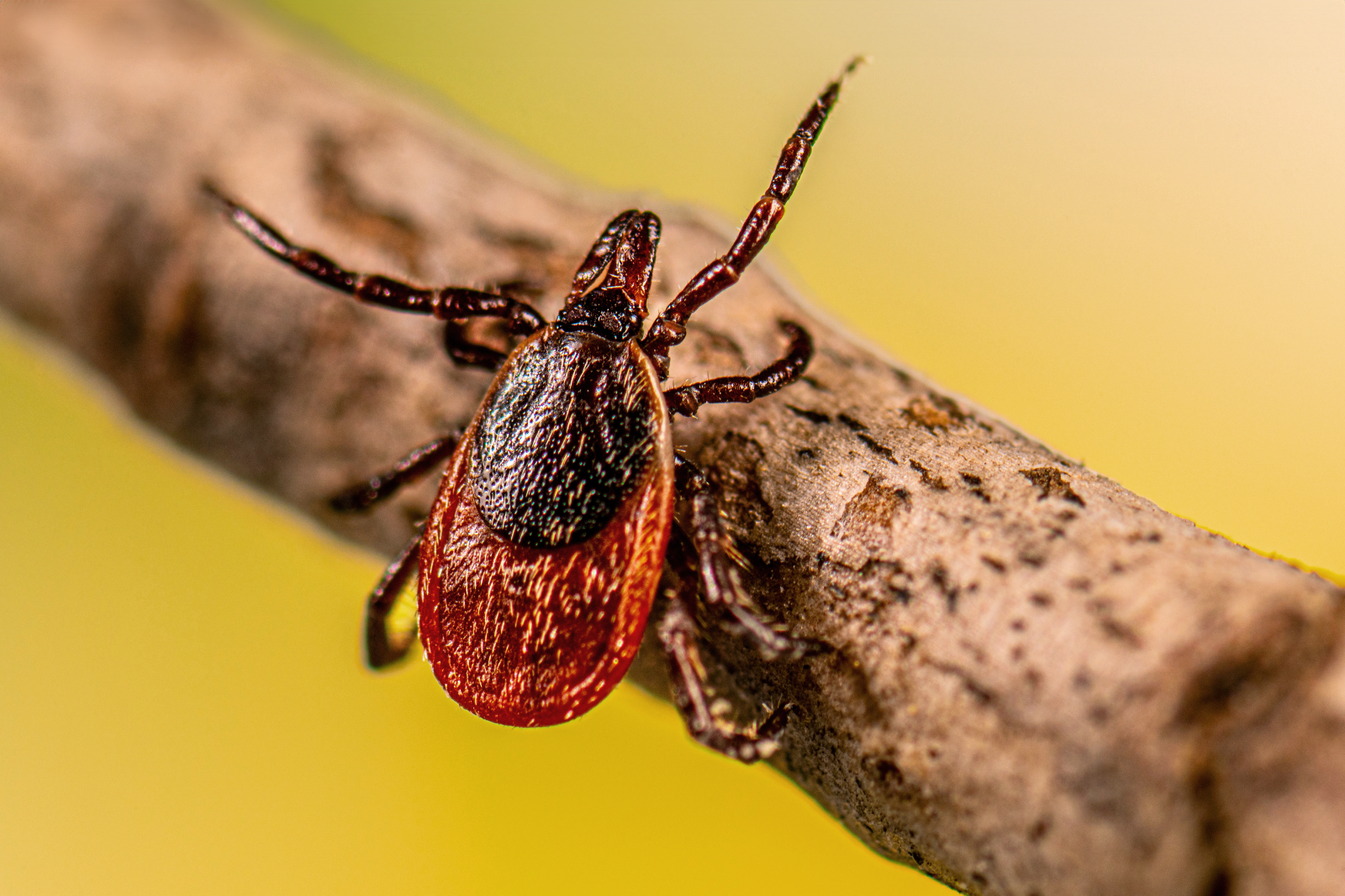BAYFIELD COUNTY, WI – A resident of northern Wisconsin has succumbed to the Powassan virus, a rare tick-borne illness, marking a concerning development in the region’s public health landscape.
Immediate Impact
The Bayfield County Health Department confirmed that the individual died in early June after contracting the virus. This case is one of three reported infections in Wisconsin this year, with all patients requiring hospitalization, according to a bulletin issued by the state’s Department of Health Services (DHS) on June 24.
Key Details Emerge
The Powassan virus is transmitted by the blacklegged tick, commonly known as the deer tick. The DHS has warned that symptoms can range from fever and headache to vomiting and generalized weakness. Severe cases may progress to encephalitis or meningitis, conditions that can lead to altered mental states, seizures, and paralysis.
Approximately 1 in 10 people with severe Powassan virus infection die, and half of the survivors experience long-term health issues, including memory loss and recurring headaches, according to the Centers for Disease Control and Prevention (CDC).
By the Numbers
Cases of Powassan virus are rising in the Midwest, with Minnesota reporting 14 cases in 2024 and Wisconsin 12 cases. The DHS attributes the increase to more deer, the tick’s preferred host, and growing human populations in wooded areas.
Expert Analysis
Health officials emphasize that individuals with compromised immune systems, children, and older adults are at higher risk for severe neurological complications from the virus. Despite the severity, there is currently no treatment or vaccine available. The DHS advises the public to use tick repellent, perform tick checks, and avoid areas where ticks are prevalent.
Background Context
The Powassan virus was first identified in Wisconsin in 2003. Since then, 67 cases have been recorded, predominantly in the northern regions of the state. The virus is believed to be transmitted when ticks feed on infected rodents, such as skunks and groundhogs, although the precise source remains unclear.
Ticks can also be born with Powassan virus, complicating eradication efforts and increasing transmission risk.
What Comes Next
As health officials continue to monitor the situation, the public is urged to remain vigilant. The DHS is working to increase awareness and provide resources to mitigate the spread of tick-borne illnesses in Wisconsin.
The timing of this development is significant as it highlights the growing need for public health interventions and research into effective prevention and treatment strategies for tick-borne diseases.
